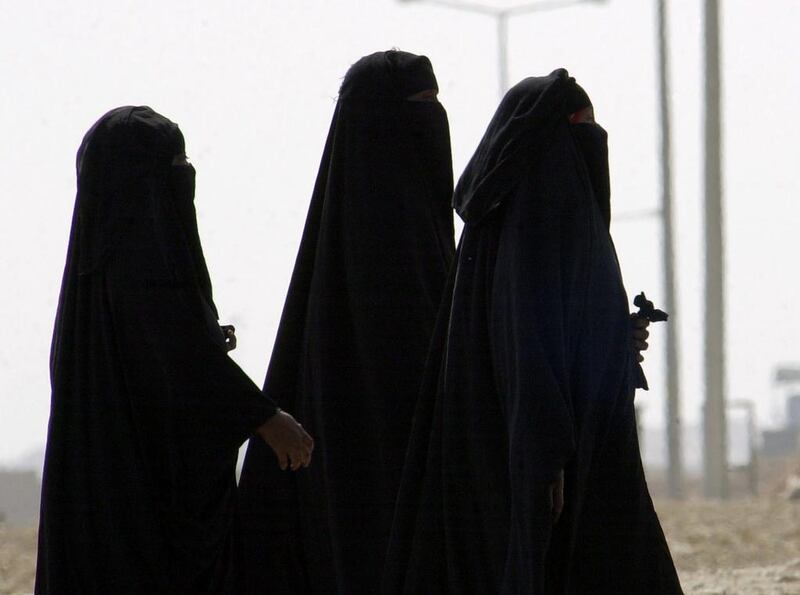This year is not even a month old and already there have been important changes in this part of the world.
In Saudi Arabia, the civil status department has begun issuing family ID cards to divorced Saudi women, widows and Saudi women married to foreigners. This new policy will help women manage their family affairs without approval from a male guardian or a court order. Why is this significant? Well, it will solve a lot of problems that women face with education, employment and other issues pertaining to their lives and those of their children. Step by step, long-standing issues are being resolved, despite the conflicts in various countries and the economic crunch that Saudi Arabia and the rest of the world is struggling with.
This past month, I have met more than a dozen Arab women who are all successful entrepreneurs. More and more we see women starting businesses from home that bloom into profitable independent ventures.
Some of these women said they did it without the help of a husband, father, brother or uncle. Just in the past generation, they said, their mothers were stay-at-home mums who never worked, relying on their husbands to support them.
Today, a few of the women I met have started businesses to support their families as the world struggles with another economic crisis. Sometimes crisis helps push us beyond our comfort zone.
The two women entrepreneurs who did have male support admitted it made things “much easier” to drop the names of these men as “more doors open given their professional reputation”.
While it can be great if there is a male figure who can back you up, many women are not lucky to have one. It is not just in the Middle East that if you are born into a powerful family that things come easier to you – it is worldwide.
A friend who recently got married to a powerful Arab figure has seen her life completely transformed: “In my case, it is like some magic wand has been cast over my life,” she says.
“The same people I would go to and ask for support ignored me in the past, but now welcome me with open arms as ‘hurmat’ [wife] of so and so.”
She works at a charitable organisation.
“If it didn’t happen to me personally, I would not have believed something as silly as getting married to the ‘right’ man can change your life dramatically.”
As a feminist, it irked her to see how differently people treated her because her social status had changed from that of a struggling single woman to a “powerful” woman because she married into a powerful family.
Titles do matter. Even the simplest ones like miss and missus. By contrast, men only get called mister no matter what their marital status.
While we sometimes don’t like to admit it, there is a certain status acquired when one gets married, especially in more traditional and conservative communities.
Once “settled”, as the saying goes, my friend never stopped her mission to help others; she is continuing and using her newly acquired “power” as a married woman to make a stronger difference.
She refuses to just “disappear” into the mould of simply being referred to as “Mrs whoever” and “mother of so and so”.
She is there for her family, and is there for herself and others.
Whatever the case, each person deserves to have control over their own life and destiny, regardless of gender, age and background, as life is hard enough as it is with its own obstacles and constraints.
rghazal@thenational.ae
On Twitter:@arabianmau





